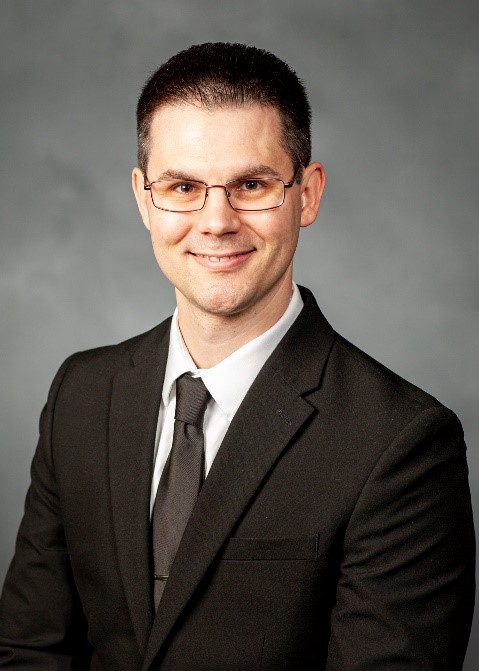Dr. Andrew Abraham
Senior Space Traffic Coordination Specialist
The Aerospace Corporation
About Andrew Abraham
Dr. Andrew Abraham is currently a Senior Space Traffic Coordination Specialist at The Aerospace Corporation; an independent, non-profit, Federally Funded Research and Development Center (FFRDC) dedicated to objective technical analysis of critical issues affecting our nation’s various space programs. His areas of expertise include orbital debris, reentry analysis, spaceflight safety, conjunction assessment, space situational awareness, and developing new techniques for space traffic coordination with the Department of Commerce’s Office of Space Commerce. In the past, he has spent several years managing a team of 50 engineers at Lockheed Martin Space Corporation. In the early 2010’s he was a doctoral student at Lehigh University’s MEM Department where he researched methods to optimize transfer trajectories to Lagrange point orbits in the Earth-moon system using evolutionary algorithms under the guidance of Professor Terry Hart. Dr. Abraham has also conducted research at NASA Glenn Research Center as well as NASA Goddard Space Flight Center. He holds degrees in Mechanical Engineering, Physics, and Economics.
Abstract
On 27 March 2019 India announced the successful demonstration of a Direct Ascent Anti-Satellite (DA-ASAT) weapon. India claims their Kinetic Kill Vehicle hit Microsat-R and destroyed it in a responsible manner that limited the lifetime of the resulting debris cloud to little more than 45 days. The Debris Analysis Response Tool (DART) is a predictive model that can estimate the debris created from ASAT intercepts and other breakup events. The tool utilizes the target mass, projectile mass, and relative velocity to statistically model debris created from a fragmentation event. This presentation utilizes the DART tool to forensically evaluate India’s claim that the debris cloud will disperse and reenter Earth’s atmosphere in the weeks following the intercept event.
* Presented as paper AAS 19-942 at the AIAA/AAS Astrodynamics Specialist Conference in Portland Main in August 2019.
